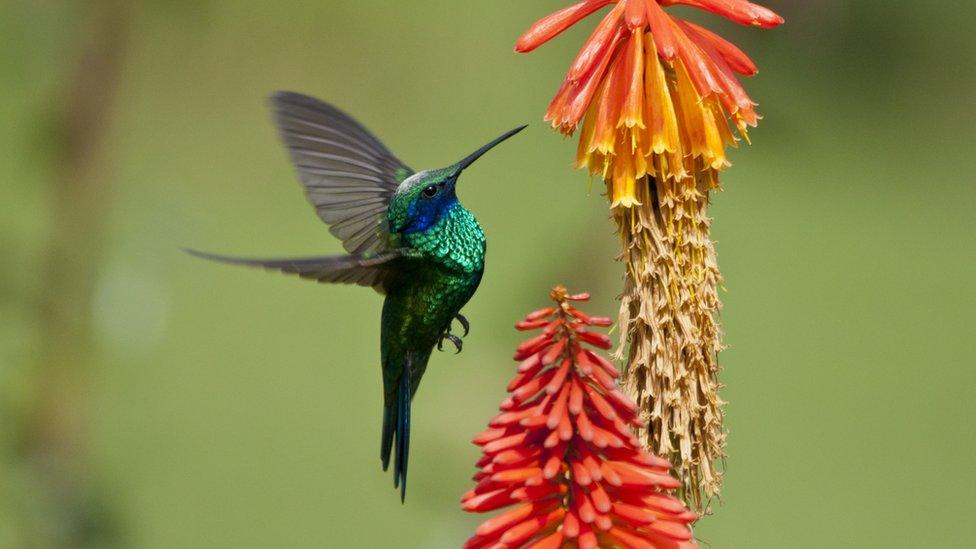Network Rail and Cambridgeshire County Council in Fulbourn habitat deal
- Published
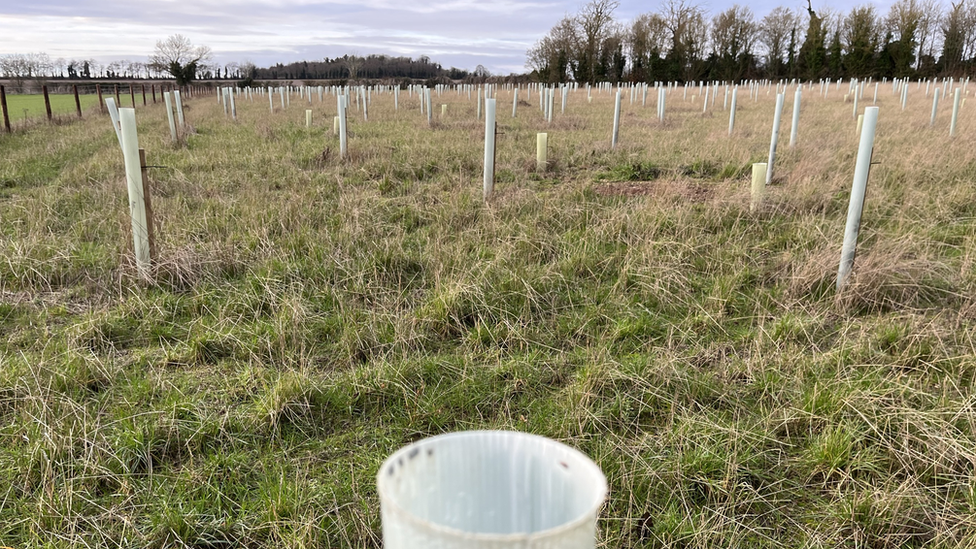
The land at Lower Valley Farm, Fulbourn, near Cambridge, will be used to grow native broadleaved trees, hedgerows, wildflower meadow and chalk grassland
Former farmland is being sold off as "biodiversity units" to offset the loss of wildlife habitat caused by development.
Cambridgeshire County Council is using land at Fulbourn, near Cambridge, to create what it calls a "habitat bank".
The first batch of "biodiversity units" has been bought by Network Rail.
It will replace habitat lost as a result of the new Cambridge South rail station at the Cambridge Biomedical Campus.
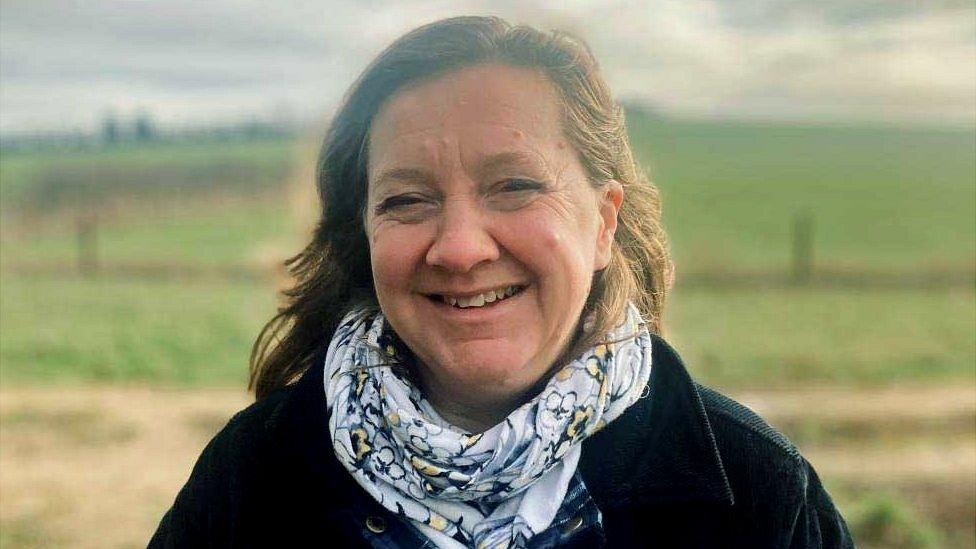
County council leader Lucy Nethsingha said the Fulbourn site would be used as a "habitat bank"
The land at Lower Valley Farm will be used to grow native broadleaved trees, hedgerows, wildflower meadows and chalk grassland.
Under the scheme, the land will be divided into "biodiversity units" which developers, such as Network Rail, can pay for in order to offset the environmental impact of their projects elsewhere.
Neither the council nor Network Rail would reveal the financial details of their arrangement.
The council said there was no "set unit price" as they were "subject to negotiation" and the amounts paid were "commercially sensitive".
County council leader Lucy Nethsingha said: "It is great that we have it ready to go and ready to expand.
"Our Fulbourn site means that developers across the area can make a positive contribution to enhance local ecosystems here in Cambridgeshire."
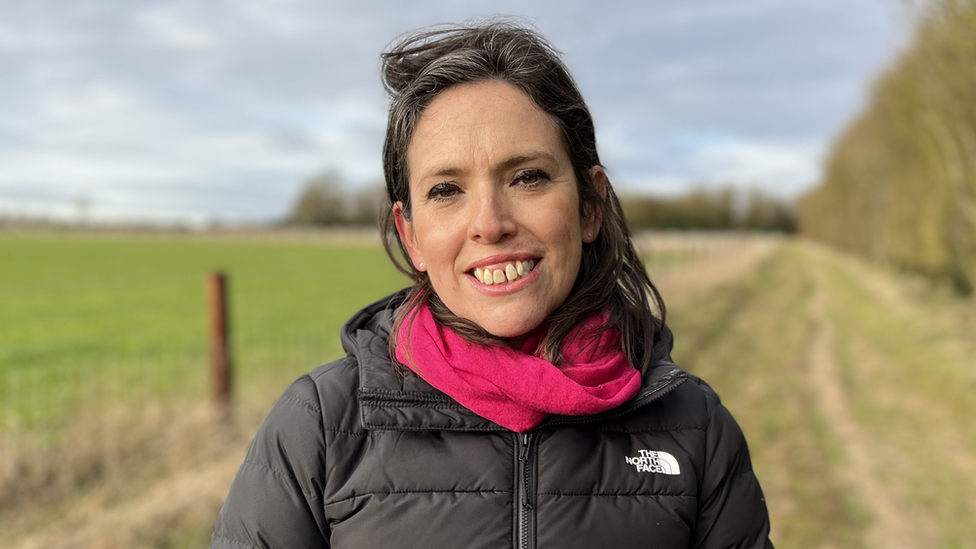
Emma Sharpe said Network Rail had paid an undisclosed sum for just over five acres
Emma Sharpe, Network Rail's senior sponsor for Anglia, said it had paid an undisclosed sum for just over five acres (21,000 sq m) of land, which amounted to 65 biodiversity units.
"Delivering a sustainable and lasting biodiversity legacy has been a key goal in delivering this new station," she said.

Follow East of England news on Facebook, external, Instagram, external and X, external. Got a story? Email eastofenglandnews@bbc.co.uk or WhatsApp 0800 169 1830
- Published10 November 2023
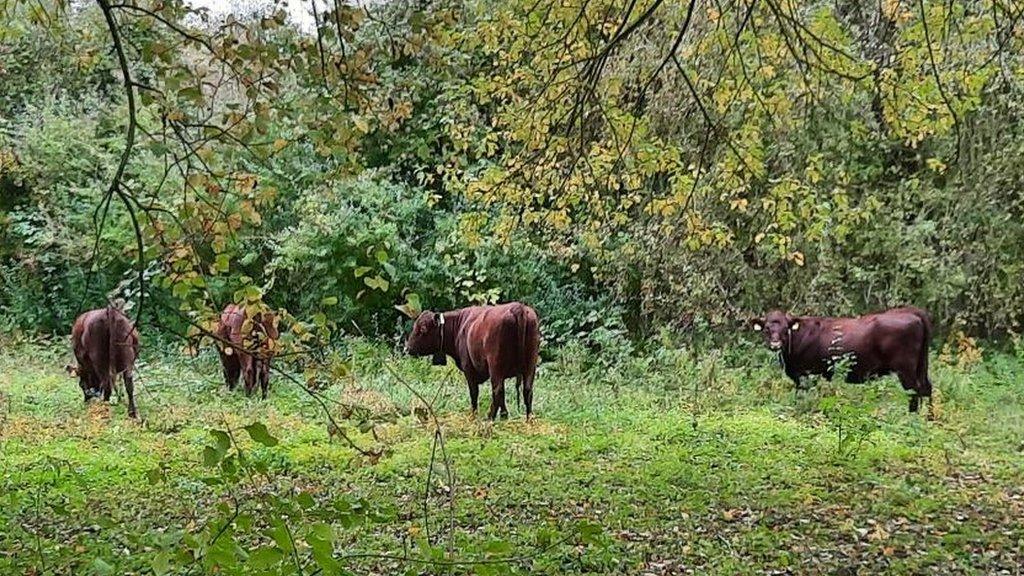
- Published18 September 2023
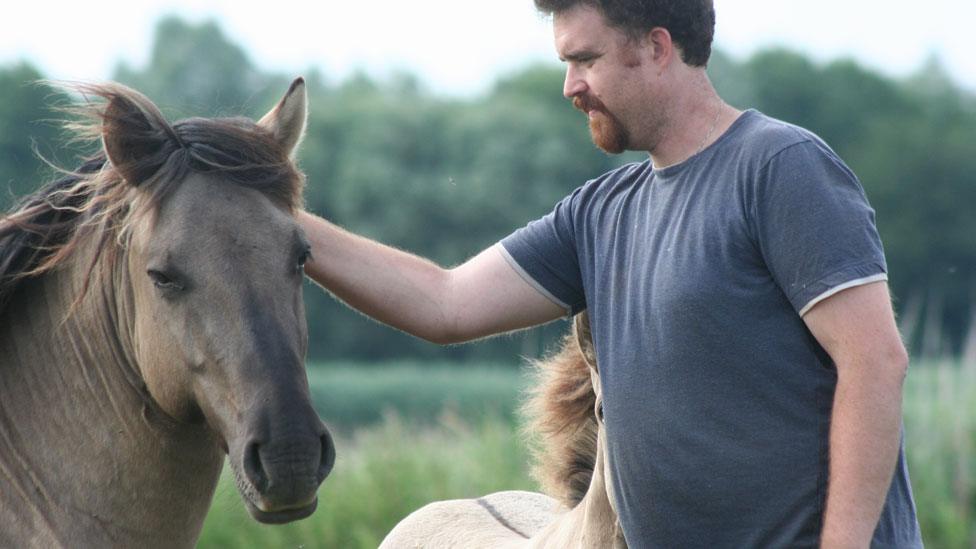
- Published18 October 2024
